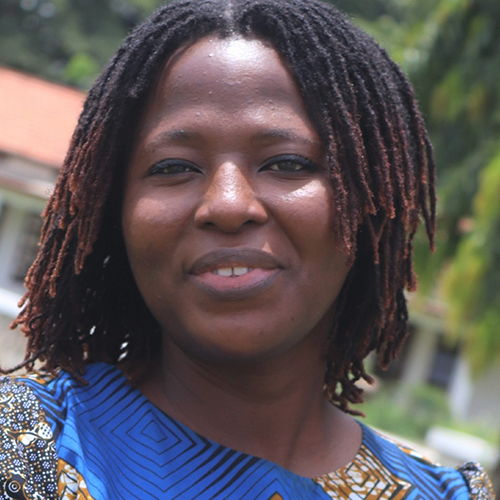
Edem Mahu
Country (Nationality)
Ghana
Grantee Title
Project: Oyster Shell Models for Hindcasting Holocene Environmental Conditions in Equatorial Atlantic Coastal Waters of Africa
Grantee Description
Research area:
Marine Paleoenvironments
Host Organisation & country:
University of Ghana, Ghana
Summary
Oyster populations in Africa have declined significantly over the last five decades with chances of the fishery collapsing if the cause of the decline is not understood and addressed. The growth of oysters is dependent on temperature, salinity, and the pH of their environment. Any change in these conditions is likely to affect their growth and reproduction. The project aims to understand past changes in the temperature, salinity, and pH regimes of the habitat of the West African Mangrove oyster to reconstruct their past environment and to inform a sustainable future for African inshore fisheries.
Grantee Description
Dr. Edem Mahu is a Royal Society Research Fellow and Senior Lecturer in the Department of Marine and Fisheries Sciences of the University. She obtained her Ph.D. in Oceanography (Biogeochemistry) from the University of Ghana in 2014. Her postdoctoral research focuses on understanding past and present climatic and non-climatic factors driving C. tulipa population declines in the Gulf of Guinea and propose ways to improve its resilience and adaptive capacity to these stressors.
Dr. Mahu’s long-term aspiration is to be a leader in the field paleoenvironment research in Africa, develop the capacity of African scientists in this field and unleash the potential of this powerful tool to address important challenges in the fields of ecology, biology, and conservation.
Project: Oyster Shell Models for Hindcasting Holocene Environmental Conditions in Equatorial Atlantic Coastal Waters of Africa
Oyster shell chemistry is a powerful tool for reconstructing past changes in their environment. The δ18O and δ13C composition of their shell can be used to decipher past environmental salinity, temperature, and pH. However, before isotope-based techniques are applied to any archaeological material, it is necessary to understand how reliably modern representatives of the respective species record their environment, to quantify offsets to generalized isotopic equilibrium. This information is completely lacking for the C. tulipa. This major gap limits the utilization of C. tulipa Sclerochemistry in paleoenvironmental research, which is important for managing its fisheries, mitigating climate change, and broadening our understanding of past and evolving human-environment relationships. This project will provide understanding into the controls on δ18O and δ13C of modern shell carbonate of the C. tulipa, to quantify offsets to isotopic equilibrium. Results will be used to derive vital information such as growth patterns/rates and reconstruct past environmental regimes of the C. tulipa and other marine resources to inform a sustainable future for African inshore fisheries.
